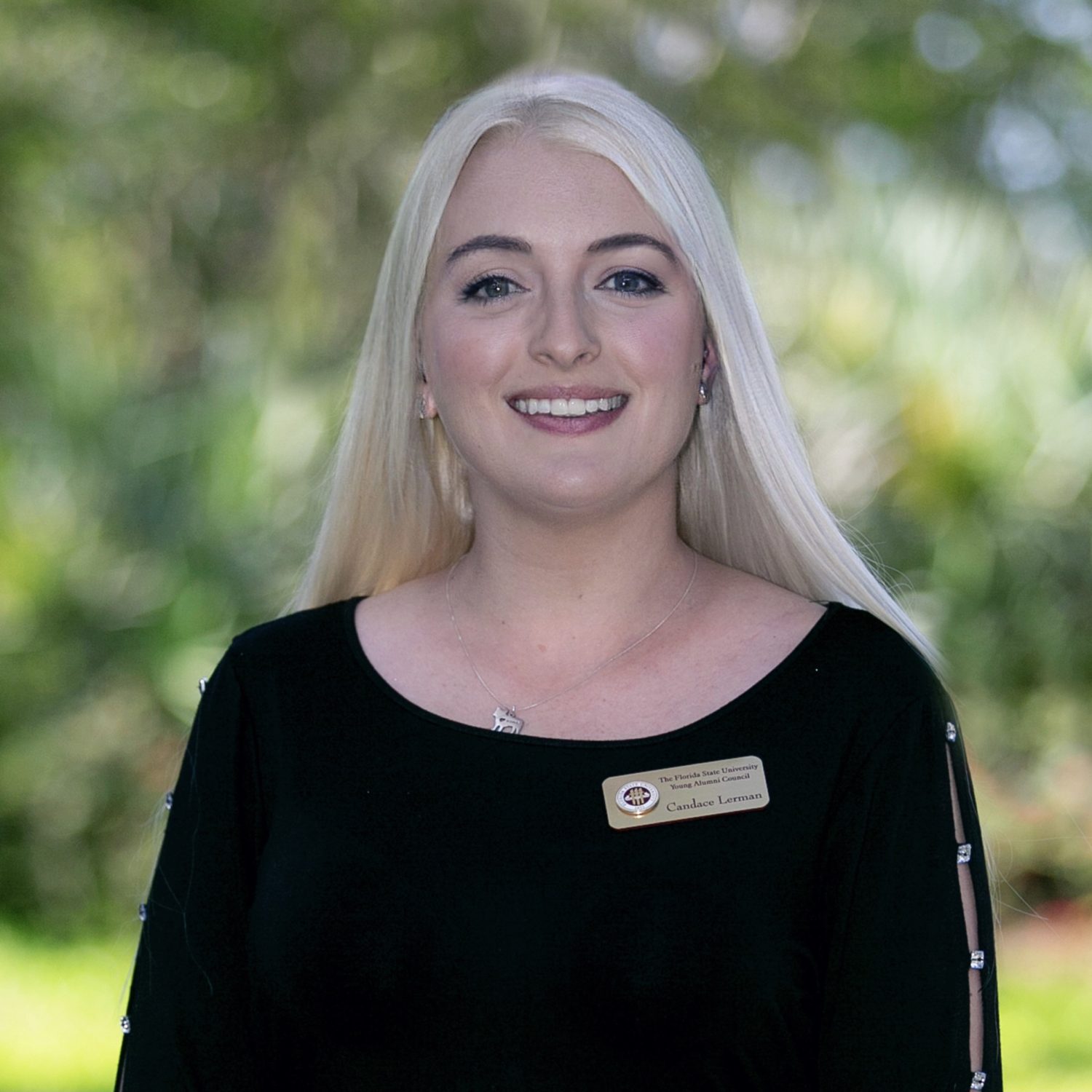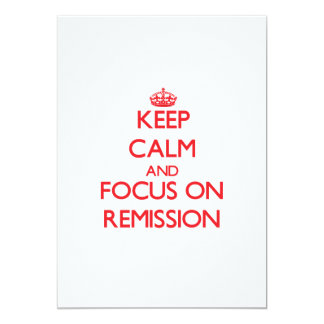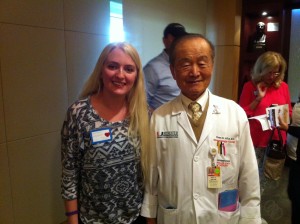
There is a lot of controversy surrounding Genetically Modified Organisms (GMOs) and their impact on our health. In the months leading up to being diagnosed with ITP, I was eating an entirely organic diet. Since my disease was triggered by toxic chemical exposure, the food I was eating did little to keep ITP away. Now that I have a chronic illness, my choices in food have changed dramatically. Don’t let the hype from either side of the aisle sway you too much, just look at the basic facts. You never know if this could be making your disease worse!




